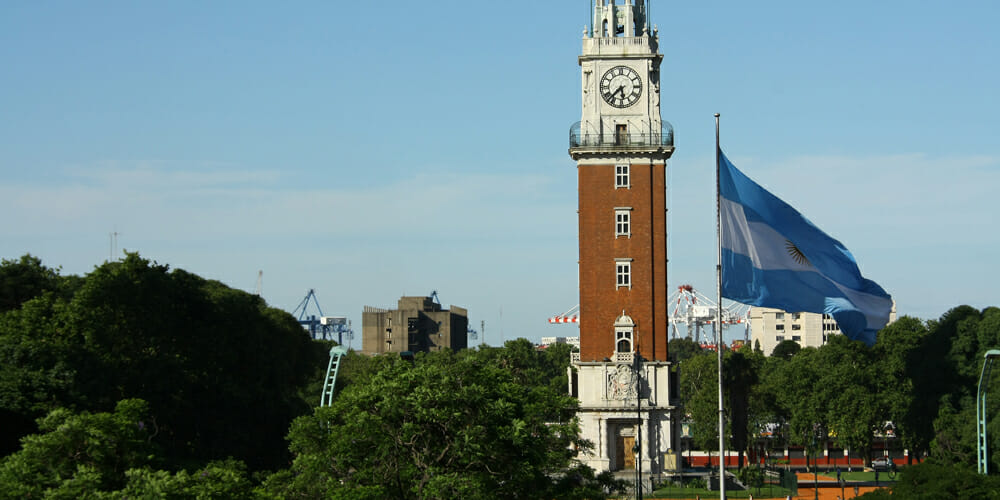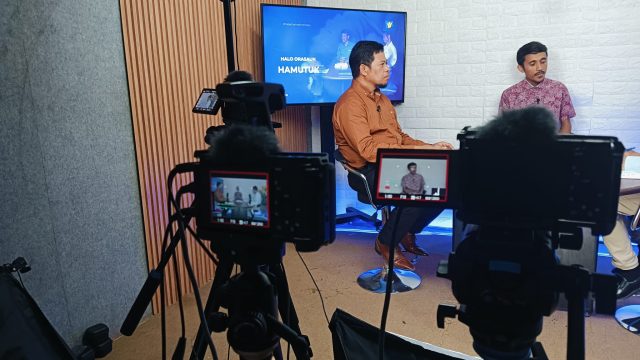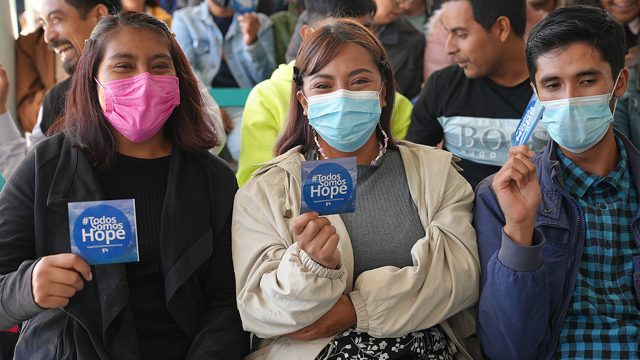If you ask my neighbors about the history of our small town, they will probably tell you that you can trace its history […]

If you ask my neighbors about the history of our small town, they will probably tell you that you can trace its history back 200 years. But most important, they will tell you that this is a land of pioneers.
I live in a small town of about 6,000 people. It was named Libertador San Martín, after a great leader of Argentine independence. It’s located a few miles from the first official Adventist church in South America, and it’s now home to a big hospital (we call it a sanatorium), a university, and an academy. Faithful believers founded all these institutions to share the Adventist message of hope and prepare professionals to serve in different parts of the world.
For as long as I can remember, the vast majority of the population has been Seventh-day Adventist. This is uncommon in many parts of the world. I remember growing up in places where my friends had to struggle to pass their school coursework if they wanted to keep the Sabbath. But here, all stores are closed during the Sabbath hours; teachers actually encourage students to keep the Sabbath as Jesus would.
However, although it’s very comfortable to live in a place where most people share one’s beliefs, this can become a double-edged sword. I recall hearing my great-grandfather, my grandparents, and both my parents telling me stories about their experiences in this place. I grew up as a fourth-generation Adventist, but it was only a few years ago that I realized how dangerous this could also be. You may wonder why. What’s wrong with growing up in an Adventist home in an Adventist town? Isn’t that a blessing? Well, yes, but not necessarily.
As I am about to finish my studies here and anticipate leaving this familiar place, I see the importance of raising “first-generation” believers. What do I mean? First-generation believers are not necessarily the first in their families to follow Jesus, but they need a firsthand encounter with Him. I am surrounded by grandchildren of Adventist pioneers, of the missionaries who came to this land with many uncertainties, little money, and insufficient knowledge of the language. They settled here because God had sent them here. But have their children experienced the same call? Or is it still their grandparents’ call?
If you have not had a personal encounter with God, no matter how much Adventist blood runs through your veins, it’s likely that Jesus’ blood does not mean anything to you.
After I began to personally study my Bible and pray, I felt God challenging me in a huge way: He wanted me to wake up, experience Him personally on a day-by-day basis, and help young fourth-generation Adventists around me to notice that we may live our whole lives believing we have it all when we are actually missing it all.
You may be facing other difficulties in your church today. Your experience as a believer may be different from mine. But His call remains the same, and it’s very personal.
I now teach an earliteen Sabbath School class. I long for my students to be first-generation believers. I want them to be the first in their class to say: “I am up for the challenge. I want to be part of the last generation. My grandparents were missionaries, and I will be one too. They knew Jesus. I do too.”
Carolina Ramos studies translation, English teaching, and music education at River Plate Adventist University in Libertador San Martín, Argentina. She is passionate about mission and enjoys working with children and teens.








